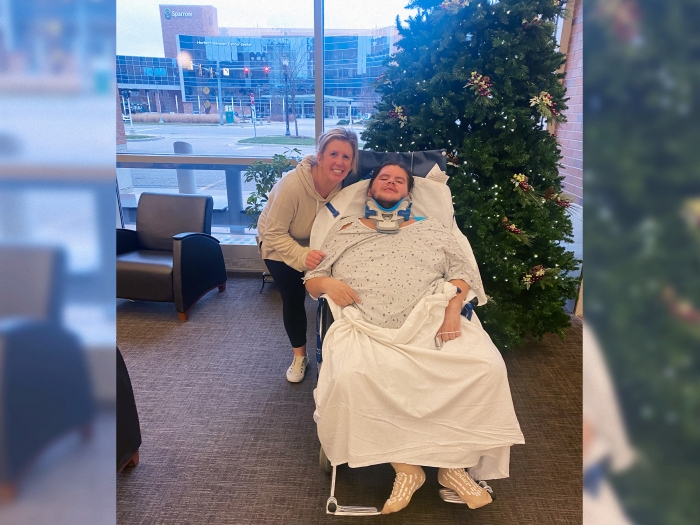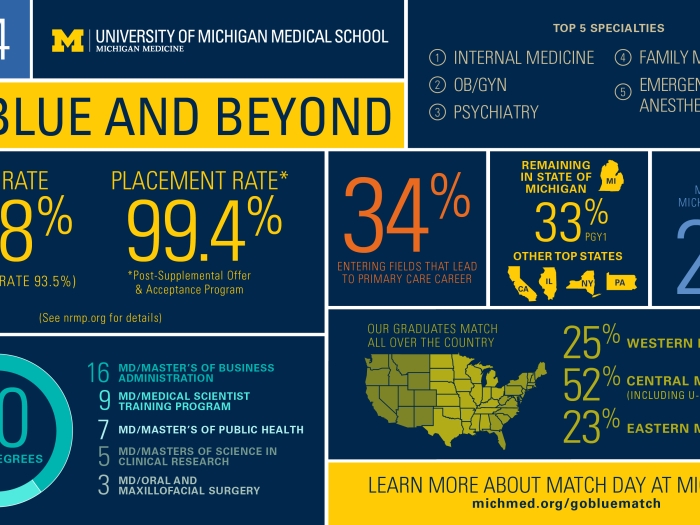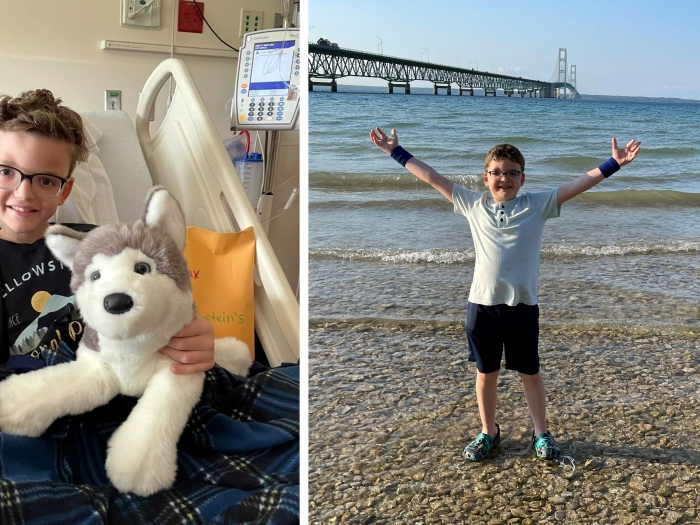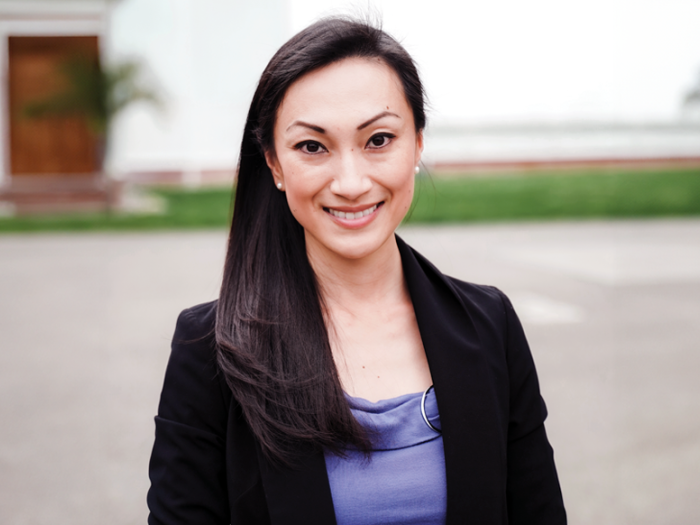For a neurosurgeon, the hard part is dealing with the emotional fallout.
Author |
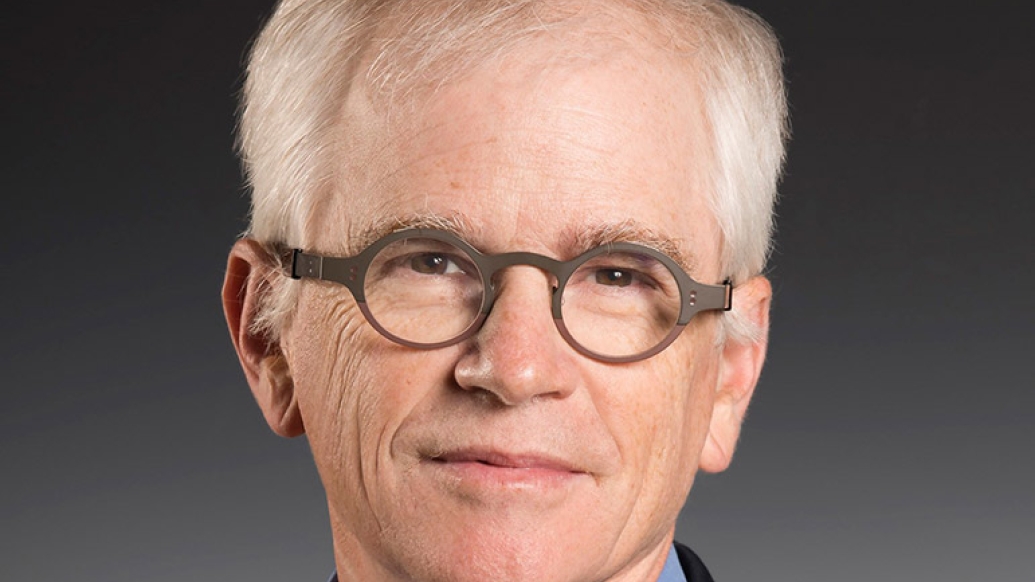
It's not often you hear a neurosurgeon waxing poetic about emotional intelligence, but Joseph Stern (M.D. 1989, Residency 1996) defies stereotypes. Early in his career, Stern believed in the conventional wisdom of walling off his emotions so he could remain "scientific." But that was before he got a glimpse of the medical establishment from the other side — the patient experience.
A few years ago, Stern's younger sister, Victoria, invited him to her home in southern California. But this was no beach vacation. Instead, the siblings played Scrabble in her hospital room, where she was receiving treatment for acute leukemia. "Stripped of my physician status, I was aware of the consuming and unrelenting fear that patients carry with them," he wrote in a 2018 essay in The New York Times. After his sister died at age 51, he began to incorporate compassionate care into his own neurosurgery practice in Greensboro, North Carolina. He talked with patients about their hopes and dreams. He held their hands. He cried.
A year later, it happened again: His brother-in-law, Pat, collapsed with a brain hemorrhage from a ruptured cerebral aneurysm. Although an initial surgery to clip the aneurysm was technically successful, Stern's brother-in-law never regained consciousness.
"When you come into the neurosurgical ICU, you're a head on the bed, a medical object," says Stern. "We don't know your history or what motivates you." But it's precisely that knowledge that's needed to make informed decisions about treatment. Stern was his brother-in-law's legally designated health care power of attorney, so he was able to draw on his knowledge as a surgeon and his understanding of Pat's desires to help the family make the decision to withdraw treatment.
Not having that information, surgeons fall back on their training. Last year, Stern wrote about a situation with a patient that caused Stern acute moral distress. The patient did not improve after an initial craniotomy on a subdural hematoma. The prescribed course of action was to perform a second surgery, but Stern knew from experience that this was unlikely to leave the patient better off. "It's not a technically difficult surgery. My residency was all about how to do it, but no one talked about when you should operate or not." For Stern, brain surgery is the easy part. "The emotional piece is much more challenging," he says.
With more research being published about the increase in physician burnout and depression, is it too much to ask doctors to take on this emotional work? Stern doesn't think so. In fact, he surmises it may be the antidote to burnout. If grief and sadness were causing burnout, palliative care doctors would be the most affected. "But they're the least burned out," says Stern. "It's not the sadness and grief that causes burnout; it's our lack of tools to manage our emotional lives in the face of these traumatic experiences."
Stern is now a passionate advocate for emotional training in medical school, although he admits he might not have been receptive to that message as a young medical student. "You feel like you're immortal and nothing will affect you." However, he believes young doctors need to know how to handle emotional distress, not only to help them avoid burnout but also to help them become better doctors, who can take into account their patients' feelings when creating treatment plans. After all, he says, "we're all going to become patients."
Next May, Stern will publish his memoir, Grief Connects Us: A Neurosurgeon's Lessons on Love, Loss and Compassion, about his experiences with his sister during her illness. He ends the book with a section on "Compassion and Coronavirus."
